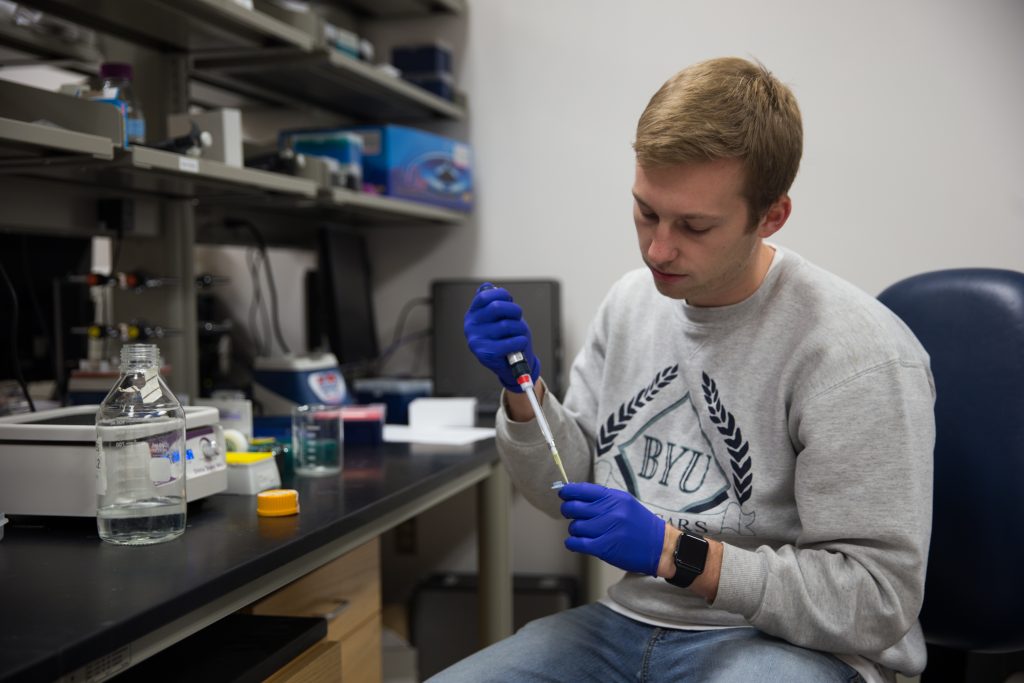
A low MCAT score can ruin an applicant’s opportunity to go to medical school, according to a recent Kaplan Test Prep survey.
Many medical schools accept applicants based on a holistic review
— “a flexible, individualized way for schools to consider an applicant’s capabilities,” according to the Association of American Medical Colleges website.
But 54 percent of the surveyed medical schools still said a low MCAT score is the biggest application dealbreaker, according to Kaplan representative Petros Minasi Jr.
Minasi said the percentage of schools putting more pressure on MCAT scores has gone up. In 2016, only 46 percent of medical schools considered the MCAT to be a major determinant for medical school acceptance.
And 36 percent of schools surveyed found low GPA to be the largest discouraging factor of school admission, according to Minasi.
BYU pre-medical and pre-dental advisor David Kaiser did not discredit Kaplan’s findings, but cautioned against relying on medical school acceptance based on a high MCAT score alone.
Kaiser said GPA and MCAT score can account for one-fourth of the total score for University of Utah School of Medicine hopefuls — although the exact amount varies each year — but both are significantly less important in applicant interviews.
Kaiser said in his experience as a silent observer in the University of Utah School of Medicine interview deliberations, the interview committee cares more for interpersonal and communication skills.
A student with a large amount of experience still has a high chance of taking a spot in a medical school over an applicant with a 4.0 GPA, according to Kaiser.
“(Medical schools) are accepting future physicians, not med students,” Kaiser said.
BYU senior Patrick Taylor applied to 17 medical schools and has been accepted by two so far, with interviews at other universities starting this month.
Taylor said one of the most stressful parts of his undergraduate education was taking the six- to nine-hour MCAT.
He said the best advice he could give students is to apply as early as possible for medical school, even if their MCAT scores haven’t been released yet.
“I have a friend who applied before he knew his MCAT score and he received so many more interviews than I did from waiting a month to apply,” Taylor said.
BYU senior Alex Holland said the hardest part of applying to medical schools was the MCAT and the struggle to stand out amongst so many qualified applicants.
Holland studied for the MCAT for 15 to 20 hours per week in the six months prior to the test and 60 hours per week during the month before to the test.
Holland interned in the emergency room for 100 hours and tutored elementary kids for 50 to 100 hours, in addition to researching muscles with BYU exercise sciences professor Robert Hyldahl for about 18 months. Holland said he still isn’t sure if it is enough for medical school acceptance.
Third year medical student and BYU alumnus Jake Eliason said the best advice he could give BYU students is to seek out mentors for whom to TA for or do research as soon as possible.
“These people are your plug into the professional science world, should you choose that route,” Eliason said.
Even though he spends a lot more time studying than he did at BYU, Eliason said there is hope for BYU premed students.
“Life gets better when you get accepted,” Eliason said. “Once you are in (medical school) there is not so much weeding out.”




